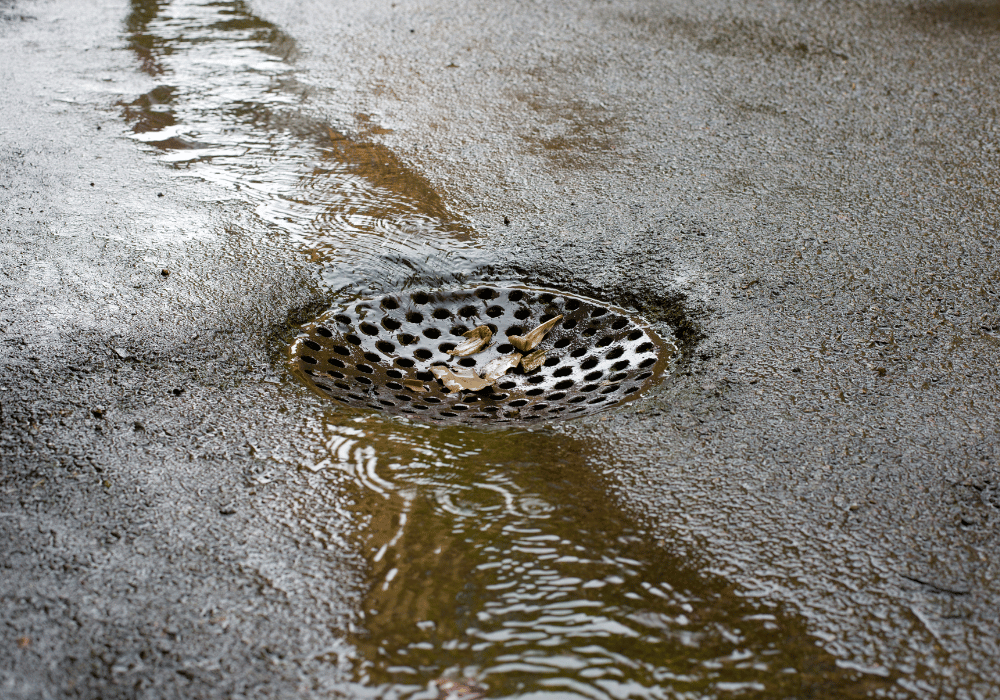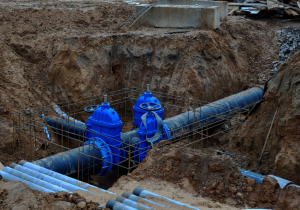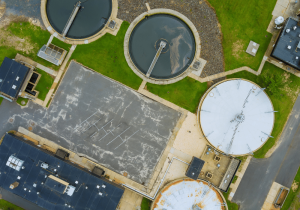How Do Sewer Systems Function?

Have you ever wondered where your waste goes? The answer is simple – it goes through your sewer system. Despite their importance, sewer systems are often overlooked and taken for granted. In this blog, we will take a closer look at how sewer systems function, from the underground pipes to the treatment plants.
 Residential & Commercial Sewer Systems
Residential & Commercial Sewer Systems
Sewer systems are composed of two main components – the collection system and the treatment plants. The collection system is a network of underground pipes that carry wastewater from homes and businesses to treatment plants. The pipes are sloped downward to allow gravity to carry waste flow. As the wastes flow through the pipes, they pass through several pumping stations before reaching the treatment plants.
Sewer System Process
Treatment plants are where the actual treatment of wastewater happens. Once the untreated water arrives, it is screened to remove larger solids, such as twigs and plastics. These solids would otherwise clog the internal systems of the wastewater treatment plants.
After screening, the wastewater enters the primary treatment process, where it is mixed with air to allow the solid debris to settle to the bottom. From there, the settled solids are extracted and sent to a landfill.

Secondary treatment involves removing organic matter and other pollutants by introducing bacteria and other microorganisms. These organisms help break down the waste, and by the end of the process, the treated water is safe for release into the environment or further treatment.
After the secondary treatment, the water is disinfected with chemicals like chlorine to kill any remaining bacteria or viruses. The treated water is then discharged into a river, lake, or ocean.
Sewer systems play a critical role in maintaining public health and ensuring the environment is free from harmful pollutants. Understanding how these systems work is an essential aspect of taking care of them. Therefore, it’s necessary to be mindful of what you pour down your drains and always follow recommended maintenance practices. Remember, wastewater isn’t just a waste; it’s a resource, and effective wastewater management is critical to our lives.
